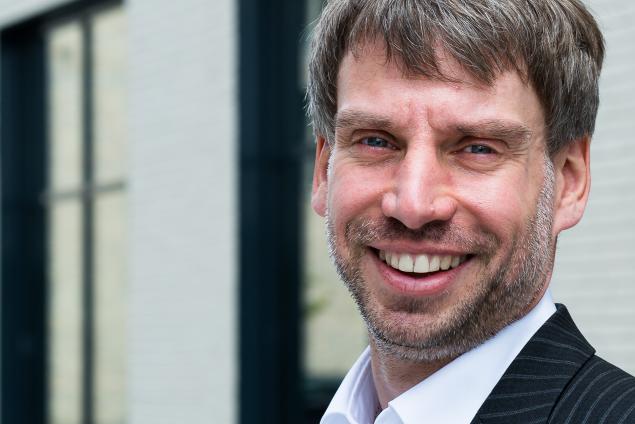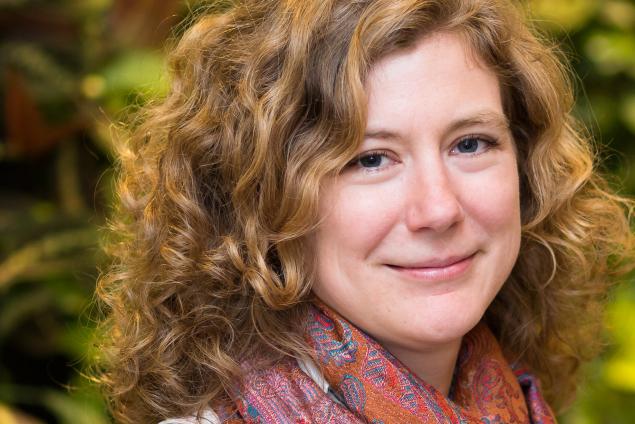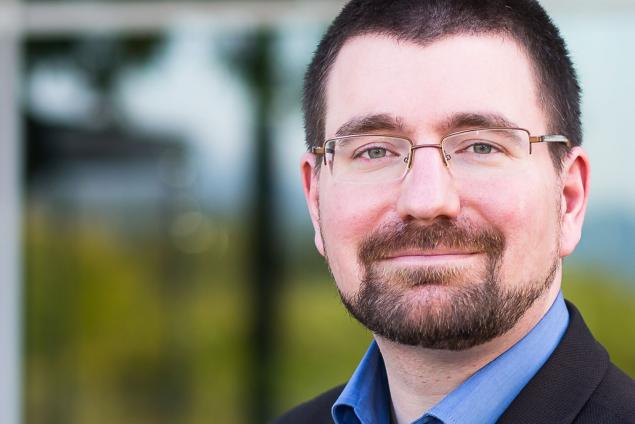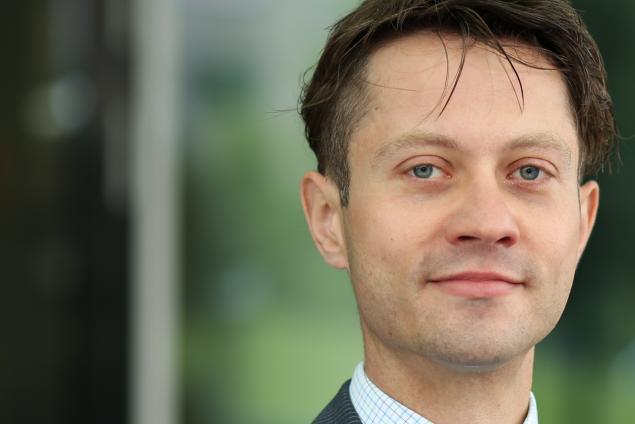Scroll to Section:
How do humans understand each other? One unique aspect is the evolution of more than six thousand languages on earth. In order to use language meaningfully a certain social cognitive infrastructure is needed. This infrastructure turns out to be prior to the acquisition of language in humans. The research presented in this video investigates how infants learn to communicate and how they understand other people’s intentions and needs before they speak. ULF LISZKOWSKI and his team used a variety of experimental methods, such as eye tracking, EEG and observation, to establish that one-year-old infants already have an awareness of other people’s mental states: they want to help and share information by pointing to things. This makes human communication unique even prior to language acquisition.
DOI:
https://doi.org/10.21036/LTPUB10423
Institution
University of Hamburg (Universität Hamburg)
Universität Hamburg is the largest institution for research and education in the north of Germany. As one of the country's largest universities, we offer a diverse course spectrum and excellent research opportunities. The University boasts numerous interdisciplinary projects in a broad range of subjects and an extensive partner network with leading institutions on a regional, national and international scale. Universität Hamburg offers approximately 170 degree programs in the following eight faculties: Faculty of Law; Faculty of Business, Economics and Social Sciences; Faculty of Medicine; Faculty of Education; Faculty of Humanities; Faculty of Mathematics, Informatics and Natural Sciences; Faculty of Psychology and Human Movement; Faculty of Business Administration (Hamburg Business School). The University was founded in 1919 by local citizens. Important founding figures include Senator Werner von Melle and the merchant Edmund Siemers. (Source: University of Hamburg)
Show more
Original publication
Two Sources of Meaning in Infant Communication: Preceding Action Contexts and Act-accompanying Characteristics
Philosophical Transactions of the Royal Society B
Published in 2014
Beyond
A Ground-breaking Scientific Revolution
An Alarming Challenge for Society
If I Had a Second Life
A Personal Reading Recommendation




